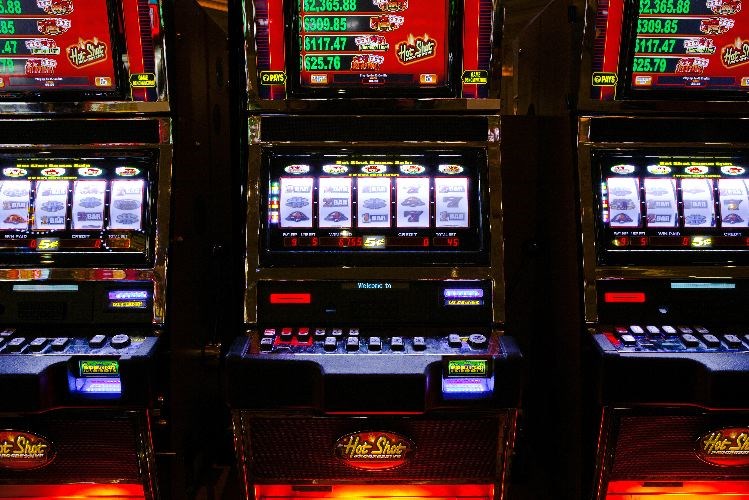Almost 2,400 people were referred to counselling by the province's crisis line for problem gamblers last year, but only half actually attended.
The current crisis line service provider, 211 British Columbia Services Society, fields 3,243 calls
a year, about 62 per week, and referred 2,373 people to a problem gambling counsellor.
According to the Gaming Policy and Enforcement Branch's annual report, 1,269 people received those services. Early intervention services and clinical counselling were delivered to a total of 1,612 people.
According to the Ministry of the Attorney General, 77 per cent of counselling clients showed "signicant improvement."
The branch is about to overhaul its crisis services for problem gamblers to include online chat
support and mobile phone text support. Counselling is offered at no charge to anyone who calls for help.
Enhancements are to include a personal non-automated response to callers in less than 90 seconds with service 24 hours a day, seven days a week.
The branch also delivered 2,387 problem gambling prevention presentations to more than 86,000 people last year and organized a pilot program for early intervention counselling for at-risk gamblers.
But the most potent weapon in their tool box is a voluntary self-exclusion program in which people can register to be barred from casinos, bingo halls or B.C. Lottery Corporation's Playnow.com gaming website for as little as six months and up to three years.
Self-excluded gamblers were identified and removed from casinos more than 9,500 times last fiscal year.
People who self-exclude are escorted from gaming facilities if they are detected by security staff. About 10,000 people are registered for exclusion, about 7,000 from facilities and 3,000 from Playnow.com.
Everyone who registers is offered free counselling.
BCLC is investing in ID scanners and uses licence plate readers to help identify people in the
program. Lookout bulletins are issued if a participant tries repeatedly to enter casinos.
While some people registered with the program have evaded security, they are ineligible to collect jackpots if they win. Nonetheless, problem gamblers can and do defeat the system, sometimes with terrible consequences.
Tyler Hatch claims to have lost $550,000 in disability payments on online lottery games and attempted to sue B.C. lottery officials for failing to intervene and help him.
Hatch received a lump-sum payout of $550,000 in disability benefits after being diagnosed with a major depressive disorder and bipolar disorder.
He soon gambled away the entirety of his lump-sum payment and had incurred approximately $50,000 in consumer credit debt, according to court documents. The lawsuit was dropped a few weeks after it was led.
Attorney General David Eby told media this week improvements to the program will be considered as part of a comprehensive review of the Gaming Control Act triggered by reports of widespread money laundering through B.C. casinos.
BCLC reported net income of $1.4 billion from casinos and lotteries in the 2017-18 fiscal year,
based on record revenue of $3.3 billion. That's nearly $90 million more than expected and the
Crown corporation achieved a "player satisfaction" rate of 80 per cent in the process, according to a third-party survey.
Casino slot machines and table games showed the strongest growth. There were 18 casinos, 18
community gaming centres and five commercial bingo halls hosting BCLC games in operation
last year.
The newly-approved Cascade Casino Delta is expected to open in 2020 on the site of the Delta
Town and Country Inn at the junction of highways 99 and 17A.
Additional casinos are in the early planning stages for Greater Victoria and the North Shore in
Metro Vancouver, according to BCLC.



